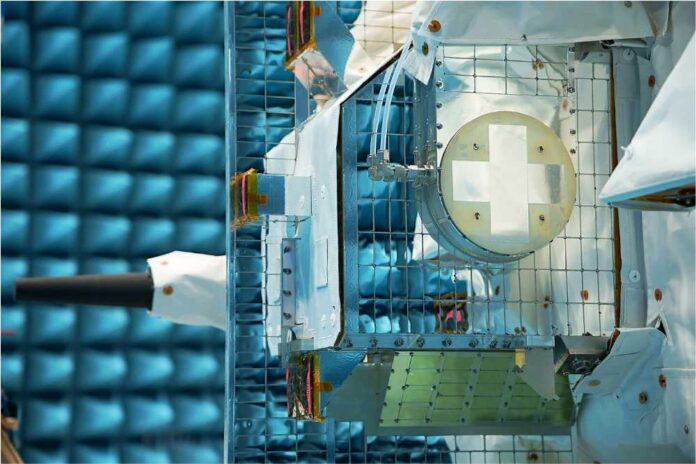Airbus has built the EarthCARE satellite for the European Space Agency (ESA) to aid in climate change research. This ESA “Earth Explorer” satellite aims to help scientists better understand the impact of clouds, aerosols, and radiation on the planet’s climate.
After completing electromagnetic compatibility tests in April 2023, the EarthCARE satellite is getting closer to launch next year. The satellite will help scientists analyze temperature increases and refine prediction models by providing complementary data to ground-based analysis.
EarthCARE will measure the vertical structure and horizontal distribution of cloud and aerosol fields, as well as levels of outgoing radiation. The data collected by the satellite will allow for more accurate representations of the heating and cooling processes happening on Earth.
Clouds and aerosols play a significant role in the Earth’s energy balance, climate, and weather. EarthCARE’s data will help scientists create models of cloud development, behavior, composition, and interaction with aerosols. The satellite carries four scientific instruments: an atmospheric lidar, a cloud profiling radar, a multispectral imager, and a broad-band radiometer.
Airbus developed and built the EarthCARE satellite, with its subsidiary, SSTL, responsible for the MSI instrument. Airbus also developed and is responsible for the ATLID instrument.
The EarthCARE satellite is part of the ESA’s Living Planet Programme and represents the agency’s latest effort to understand and mitigate the effects of climate change.










